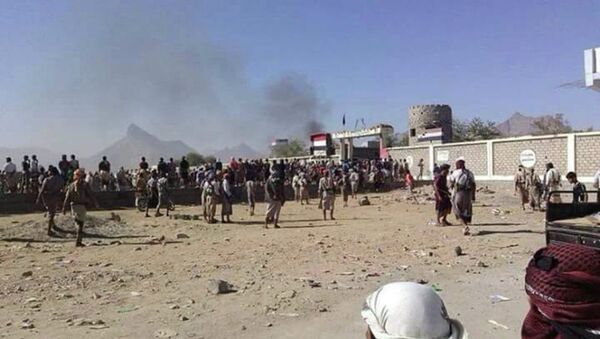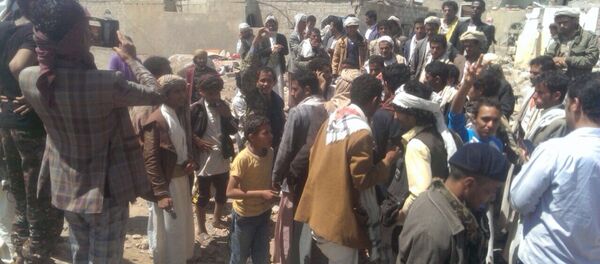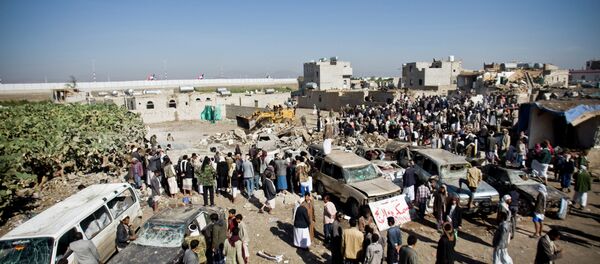In its attempts to bring stability to Yemen, following years of conflict and the unity government transition of 2011, the US has put its efforts and resources primarily toward counterterrorism, Murray explained.
“I think we [the United States] have made huge mistakes in this, incredibly focusing on counterterrorism. We’re looking at things through a drinking straw,” Murray said. “I don’t think we have a real strategy, a developed view of the whole area, the whole region,” he added.
Rather than understanding the region, the people, and the politics, “we just deal with these manifestations [of terrorism] as they pop up,” he said.
The political impact of terrorist groups within Yemen, including al-Qaeda in the Arabian Peninsula and the Islamic State group, have very little impact on the outcome of the state as a whole, Murray argued.
“I don’t think [al-Qaeda] has any real relevance in Yemen… It’s a minor player,” he said.
Since Wednesday, Yemen's Houthi-controlled capital Sanaa has been under assault by a coalition of Arab and Gulf states led by Saudi Arabia. Members of the coalition stated that they are responding to requests from Hadi to protect him and the people of Yemen from the Houthis.



